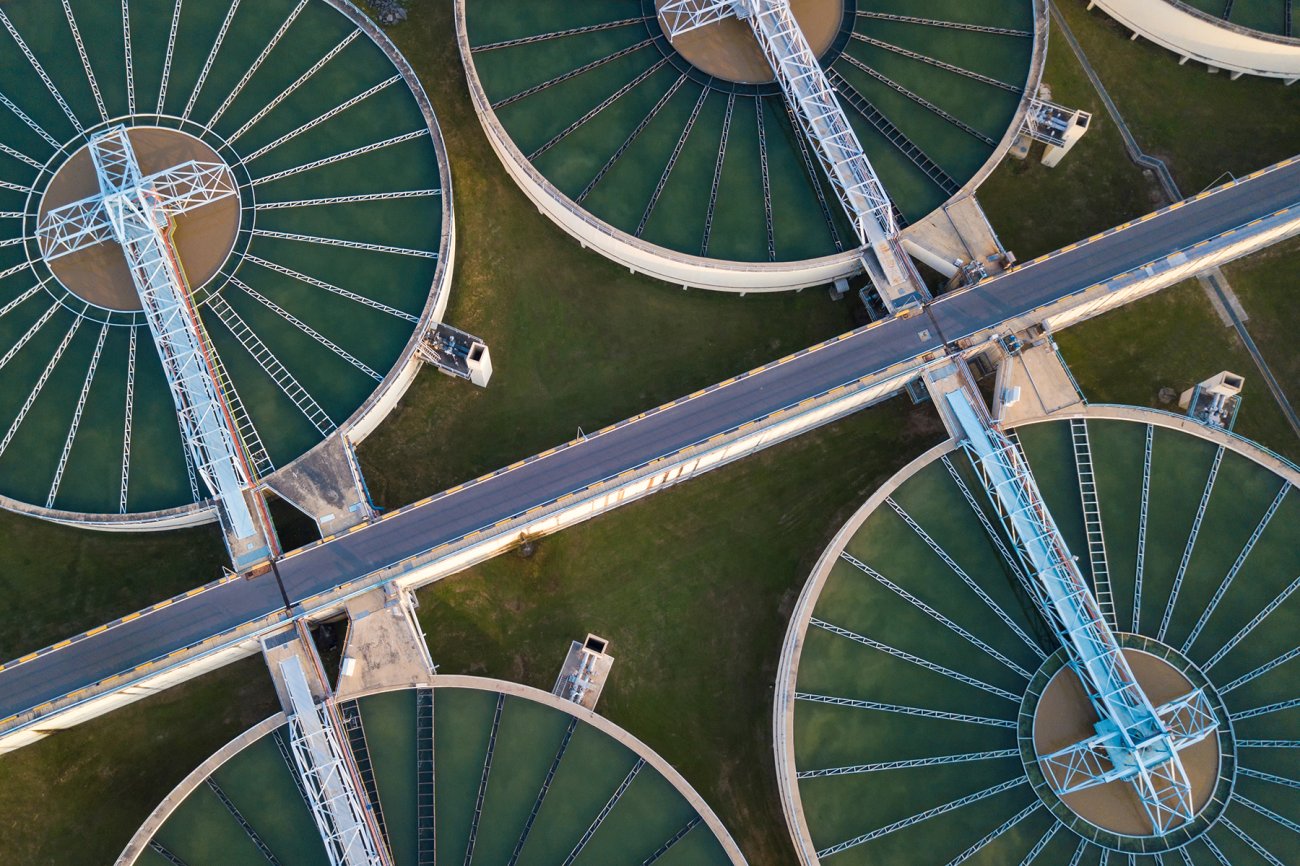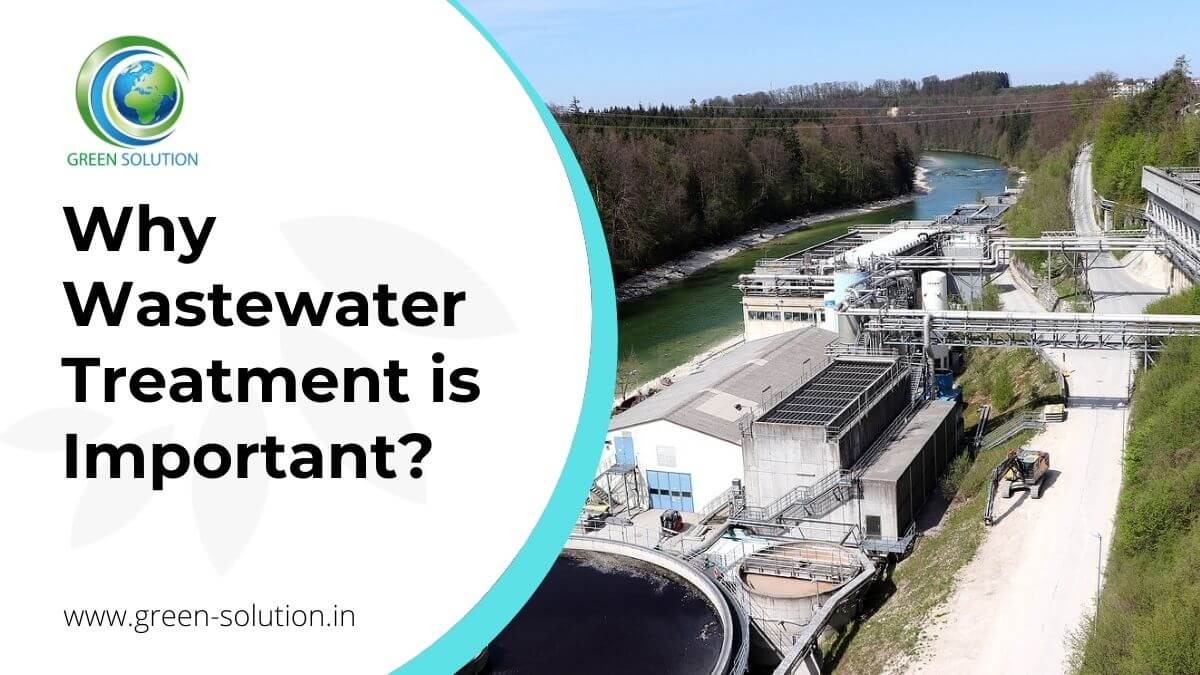Top Guidelines Of Reclaim Waste
Top Guidelines Of Reclaim Waste
Blog Article
Reclaim Waste - Truths
Table of ContentsSome Ideas on Reclaim Waste You Need To KnowFascination About Reclaim WasteThe Ultimate Guide To Reclaim WasteThe Basic Principles Of Reclaim Waste 9 Simple Techniques For Reclaim Waste
Via proper fluid waste management, companies can decrease energy-intensive therapy procedures and disposal prices. By following a system for handling liquid waste, business can stay clear of pricey penalties and penalties and avoid unfavorable promotion.(https://www.blogtalkradio.com/reclaimwaste1)Accumulate depictive samples from different factors within the waste stream to make certain accuracy. Liquid waste, especially harmful ones, poses significant dangers throughout this step.

is needed when the effluent will be recycled or discharged into municipal pools. Disinfection (e.g., chlorination, ultraviolet light, ozonation) and nutrient elimination (e.g., denitrification and phosphorus elimination) are suggested under rigid laws. This stage in the process is purely regulated since it is when most threats occur. Numerous business violated a number of fluid garbage disposal policies in recent years.
Reclaim Waste - Questions

are made use of by markets that create huge volumes of low-toxicity fluid waste. Superficial basins have liquid waste that is allowed to vaporize with all-natural processes. The residue left can be taken care of in garbage dumps. involves melting liquid waste at high temperature levels and converting it right into gas and ash. This kind of disposal is subject to stringent environmental regulations due to possibly dangerous emissions.
The findings should be recorded, evaluated, and kept not simply for submission to regulative authorities yet likewise for making improvements in the future. Share details with pertinent stakeholders (e.g., staff members, regulative federal government agencies, and nearby neighborhoods) to maintain openness and responsibility.
Comprehending these can aid them successfully manage their procedures and reduce their environmental influence. Firms that can not spend in facilities ought to consider teaming up with the public field for better services.
Facts About Reclaim Waste Uncovered
By carrying out comprehensive monitoring systems that consist of treatment and recycling techniques, routine tracking, danger analyses, and adherence to neighborhood and government regulations, commercial facilities can add to the defense of groundwater products, guaranteeing their availability for future generations (liquid waste disposal). Let's explore the relevance of reliable liquid waste administration in the industrial sector, concentrating on its ramifications for securing groundwater sources
The pollution of groundwater resources due to improper fluid waste monitoring in the commercial field has far-ranging repercussions for human wellness, farming, and the setting in its entirety. A few of the potential influences brought on by such contamination include: Contaminated Alcohol consumption Water Materials: As groundwater supplies a significant part of our drinking water, pollution from industrial activities can bring about unsafe chemicals and microbes entering our water systems, presenting health dangers for people.
Reduced Agricultural Efficiency: Agriculture relies heavily on groundwater for irrigation; for that reason, contaminated water can hinder plant returns, contaminate farming products, and influence food safety and security. Provided the relevance of maintaining groundwater sources, it is vital for organizations to take a proactive stance in managing their fluid waste responsibly and protecting against air pollution.
The Ultimate Guide To Reclaim Waste
Liquid waste can pollute land and contaminate waters. Details about handling and saving fluid waste, reacting to spills and lowering liquid waste is available in the adhering to fact sheets and advice:.
The role of waste management professionals in guarding this check here priceless source can not be overstated. Contaminated water and contaminated effluent management: Ensuring that harmful liquids are safely gotten rid of and dealt with before they can damage our water resources.
Hence, integrating sustainable fluid waste management into financial planning enhances economic security and shields the atmosphere, demonstrating the value of this technique. In conclusion, adopting expert fluid waste management techniques is crucial for guaranteeing a lasting future, securing our setting and safeguarding the wellness of future generations - liquid waste disposal melbourne. At E&E Waste, we are committed to cultivating a better tomorrow through liable actions today.
When it concerns throwing away waste, sticking to correct treatments is important for a multitude of factors. Appropriate waste disposal is not nearly tidiness; it's concerning guaranteeing the well-being of our environment, health, and the reliable use resources. Understanding the value of efficient waste administration can aid all of us contribute to a much healthier, cleaner earth.
Unknown Facts About Reclaim Waste
Effective waste administration assists preserve clean roads and public rooms, decreasing the visual influence of litter and ensuring that waste does not harm wildlife. When waste is not disposed of effectively, it can lead to air pollution, where harmful materials can seep into the dirt, water supply, and the air, developing long-term ecological troubles.
Report this page